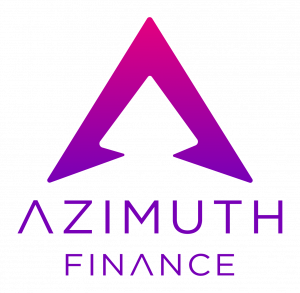Search This Blog
A place for Canadians to learn how to engage with the world of cryptocurrencies, stocks, real estate, and affiliate marketing.
Featured
Binance withdraws from the FTX cryptocurrency exchange bailout
Binance abandons the rescue of the FTX cryptocurrency exchange. The problems FTX was having, according to Binance, were "beyond our control or ability to help," the company claimed in a statement shared on Twitter. It claimed that information about "mismanaged customer funds and purported US agency investigations" had influenced its choice. A "liquidity constraint" brought on by a spike in withdrawals left FTX in trouble.
Withdrawals of $6 billion (£5.2 billion) were reportedly sparked in just three days by worries about FTX's financial stability. The US Securities and Exchange Commission (SEC) was reportedly looking into how FTX handled customer funds and its crypto-lending activities on Wednesday, according to the Reuters news agency. The markets regulator was investigating whether the platform had complied with securities rules regarding the segregation of customer assets and whether it had engaged in customer trading.
A growing number of bitcoin firms have failed as a result of not having enough cash on hand. As worries about how crypto platforms are trading rise, the SEC and other regulators have been increasing their surveillance of the market, adding to the pressure.
Earlier this year, a BlockFi subsidiary agreed to settle charges relating to its retail lending product by paying a record penalty.








